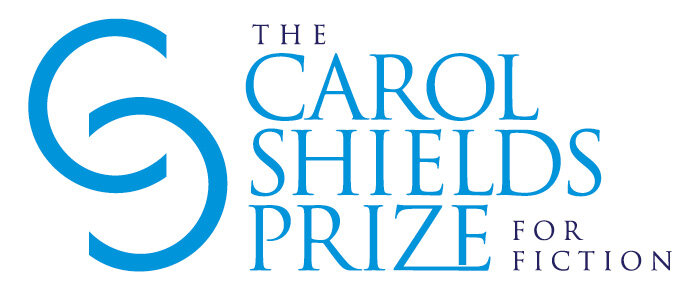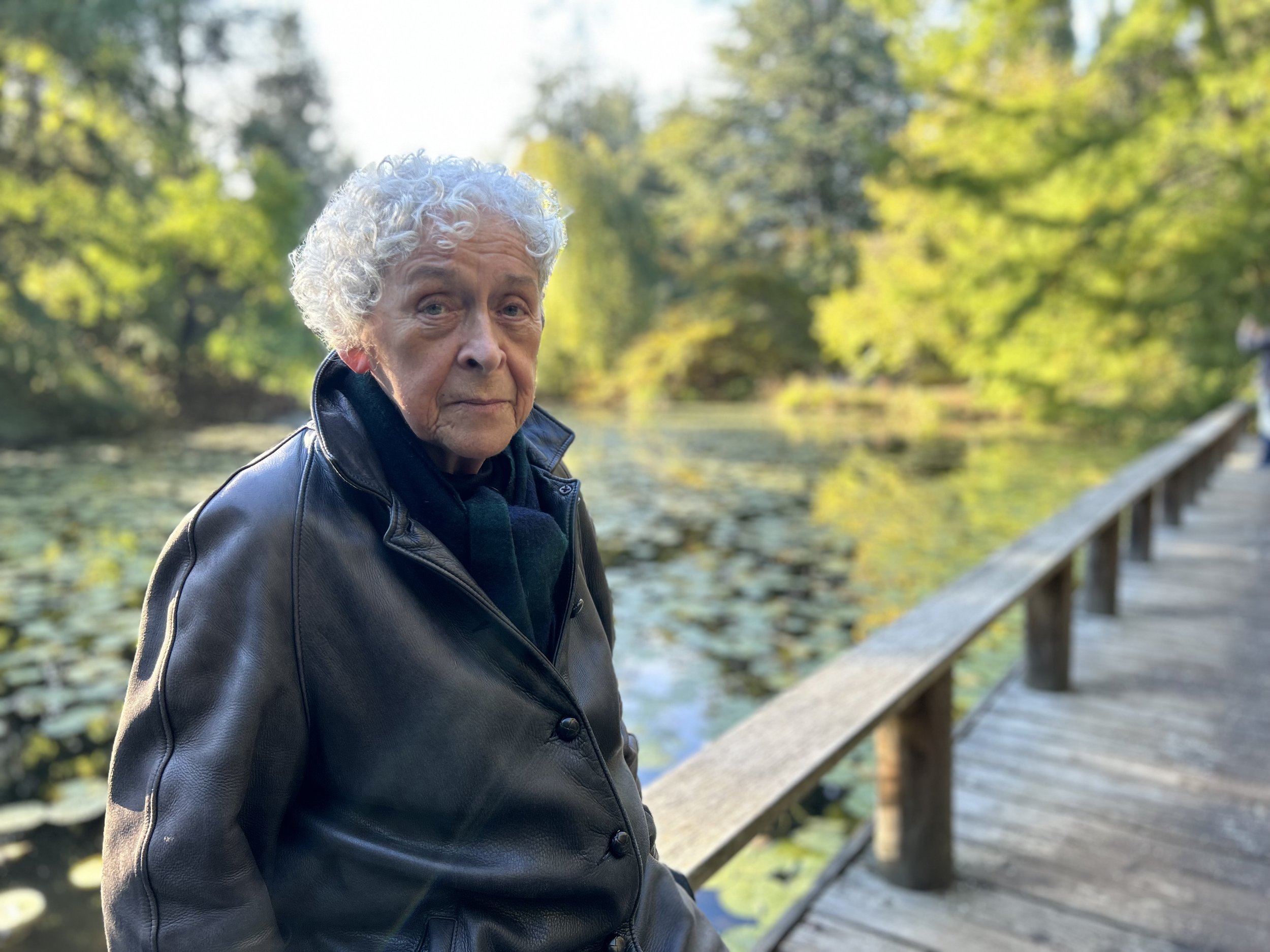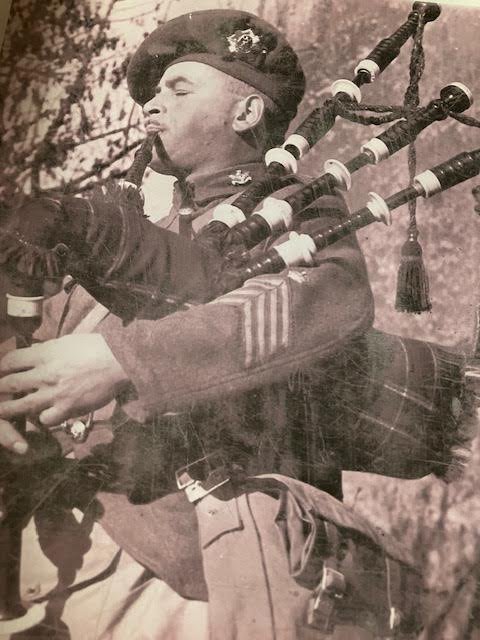Supporter Highlight: An Interview with Alma Lee, C.M.
Dr. Alma Lee, C.M. (Photo by Allan Lee)
Dr. Alma Lee, C.M., D. Litt (Hon) has devoted a lifetime to Canadian literature, from acting as the founding executive director of the Writers’ Union of Canada and Writers’ Trust of Canada, and as co-founder and artistic director of the Vancouver Writers Fest, a position she held for almost 20 years. In 2005, she received an honorary doctorate of literature from Simon Fraser University, in which the university shared the citation: “Her advocacy of writers earned her the respect of the entire literary community.”
You’ve had an illustrious career of furthering accessibility for the literary arts in Canada. What has been the driving force behind your passion for books and their place in the world?
My father was an incredible reader, and every Friday he used to take me to the library. It was my alone time with my dad. We would talk away, then he’d dump me off at the children's section and go get his own stuff.
That's how I got to be a reader, and therefore became interested in writers. It was the writers that interested me in my reading.
How did that further your career as you got older and started finding your footing in the world of publishing? It seems you excelled in creating important literary spaces that didn't yet exist.
I will tell you the story. So, I'm sitting in an office I worked at as a secretary, and I realized I was on the phone, lying for my boss. I went no, no, no, no, no, this is not right. I mean, I was brought up in a pretty strict Presbyterian house! Lying was not the thing. And so I put my coat on, walked into his office, told him I was leaving, and that I wasn't coming back.
I went home, cried, then got myself together and sat down at the kitchen table with a pad. I wrote down all the things I was good at and all the things I loved, and out at the bottom came “literary agent.” Oh! I went, how the hell do you get to do that?
Fortunately, at the time, my husband was working with a film producer who was working with Margaret Atwood, and he introduced me. I told her what happened to me, and my idea. She told me two things: you need to go to lots of parties, and you need to get a job in a publishing house. Number one was easy. Number two, not so easy.
Anyway, I did eventually get a job at the House of Anansi as its general manager. That's how I started out.
While I was working there, I met novelist Graeme Gibson. He came into the office one day and said, “I noticed that you're a really organized person. Would you like to help me to organize a conference to bring writers together to see if they want to form a professional union?” That was the beginning of the Writers’ Union of Canada.
It took both Graeme and I quite a while to contact 100 writers, get them to come to Toronto, and have them talk about forming a professional union. But from there, they appointed me the founding executive director. That's where I got to really learn all about Canadian literature and meet some of the “biggies,” as it were. I met Margaret Atwood again, Marian Engel, and Alice Munro. People that I had heard about but now they were there, live and in the flesh.
I suppose that really speaks to the importance of community, and the need for spaces where “rabble rousers” can come together.
Yeah, and that's what they were, that first bunch. They were rabble rousers. As an aside, one of the major ones, Brian Brett, just died. I was so sad about that because I had been his friend since the days of the Writers’ Union. There's a wonderful little bit in the CBC about him and the The Tyee online paper published a beautiful article that he wrote a few years ago.
How did you become connected with the Prize, and what about its mandate inspired you to become one of its strongest supporters?
Carol Shields became a very good friend and supporter of me and the Vancouver Writers Fest (formerly known as the Vancouver International Writers and Readers Festival) when I was out “trolling,” as I call it.
One of the people who wanted to start a literary festival in Winnipeg had gotten in touch with me and asked me to come and help them to do it. At the time, Carol was the president of the University of Winnipeg. I got in touch with her to tell her I was coming, and she and her husband were so kind to me.
They invited me for lunch and gave me all the, you know, feedback about what I would need to help this person in Winnipeg. That's how I first met her, but when she moved out to the coast, we continued to be friends. She would come to the Vancouver Writers Fest and I visited her in Victoria.
She was such a lovely, beautiful person. Kind, open, and helpful, you know. So when Susan called me and asked me if I would help them to raise some money, what could I say?
That seems to be a common denominator with many stories around Carol Shields’ legacy! And it also makes for a great segue.
The Carol Shields Prize for Fiction, and by extension its Foundation, supports women and non-binary authors through our annual Prize, scholarships, residencies, and fellowships. What makes these kinds of programs so essential, in your view?
Every writer, no matter whether they’re established or published, or they're just starting out, needs financial help. They also need the assistance of more experienced people. That's the primary reason why I support a prize like this. Because it's creating that kind of support for writers, especially women.
You are a member of the Order of Canada, a recipient of the Jack Award, YWCA Women of Distinction Award, and the Writers’ Trust Award for Distinguished Contribution, among many other accolades and designations. Has there been an award that has felt especially meaningful to you?
I was very pleased to receive an honorary doctorate from Simon Fraser University. I was pretty chuffed about that because I had to make a speech in front of the entire graduating class of 2005. I was also nervous because the day before I had just returned from Australia, and was fighting some serious jet lag. But, the ceremony itself has special meaning for me.
The graduating class awards are always started by the SFU pipe band playing the officials onto the stage. That in itself was so meaningful for me since it was like my Dad was there, supporting me. Not many know this, but my father was a professional bagpipe maker.
Allan G. Stark, Alma Lee’s father.
Now, when SFU corresponds with me by mail, they always address me as “Dr. Lee,” which I actually find amusing — who knew that a wee lass from Edinburgh would get this far!
The Carol Shields Prize Foundation extends its gratitude to Dr. Alma Lee, C.M. D. Litt (Hon) for joining us for this interview, and for her tireless support of our mission to celebrate creativity and excellence in fiction by women and non-binary writers in Canada and the United States.



